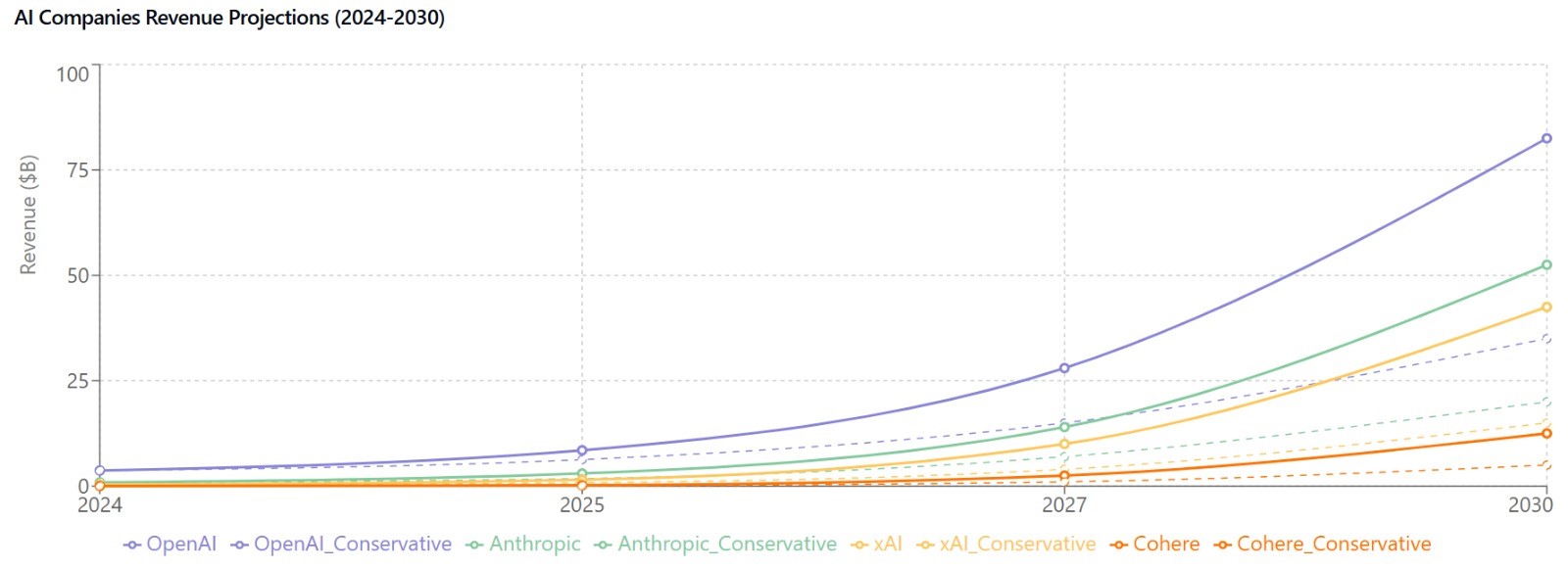The Battle for AI Supremacy
In a shocking development, a potential artificial intelligence takeover is brewing as tech billionaire Elon Musk has reportedly launched an unsolicited $97.4 billion bid to acquire OpenAI, the artificial intelligence powerhouse behind ChatGPT. Consequently, this bold attempt is intensifying the already heated rivalry between Musk and OpenAI’s CEO, Sam Altman. As a result, both visionaries clash over the future of AI, and the world watches closely to see how this high-stakes power play will reshape the landscape of artificial intelligence.

The Origins: Musk and OpenAI’s Complicated History
Why Musk Wants OpenAI
Musk’s Concerns with OpenAI’s Direction
Musk has been vocal about his concerns regarding OpenAI’s trajectory. Specifically, he argues that the company has strayed too far from its original mission, prioritizing profit over transparency and ethics. Therefore, his recent bid to acquire OpenAI is framed as an attempt to restore its original vision and make AI development more open and accountable, thereby preventing what he perceives as a potential artificial intelligence takeover by a few powerful entities.
Key Reasons Behind the Bid:
- Reverting to a Nonprofit Model: Musk wants OpenAI to operate with a mission-driven focus rather than profit incentives.
- Open-Source AI Development: He has criticized OpenAI for limiting public access to its most advanced models, like GPT-4.
- Ethical AI Concerns: Musk believes that AI safety should take precedence over corporate gains.
OpenAI’s Response: A Firm Rejection
Sam Altman and the OpenAI board wasted no time in dismissing Musk’s proposal. Specifically, Altman argued that the company’s governance structure prevents any single entity or individual from orchestrating an artificial intelligence takeover. Furthermore, he pointed out that Musk, as the owner of a competing AI firm (xAI), might not have OpenAI’s best interests at heart.
OpenAI insiders suggest that Musk’s bid is less about AI ethics and more about control. Indeed, with OpenAI leading the charge in AI innovation, including its robust partnerships with Microsoft and ongoing advancements in generative AI, relinquishing control to Musk could significantly disrupt its growth trajectory. Furthermore, this would potentially allow one individual to exert undue influence over what some fear could become a full-blown artificial intelligence takeover, rather than a collectively beneficial development
The Bigger Picture: AI Wars Intensify
AI Industry Key Statistics
| Metric | Value | Source |
| OpenAI’s Estimated Valuation | $80 – $90 billion | The Information (2024) |
| Microsoft’s Investment in OpenAI | $13 billion | Bloomberg (2023) |
| Global AI Market Size (2024) | $207 billion | Statista (2024) |
| Expected AI Market Size (2030) | $1.87 trillion | PwC (2024) |
| xAI’s Initial Funding | $1 billion | Reuters (2024) |
The Escalating AI Arms Race
Musk’s bid is just the latest chapter in the ongoing AI arms race. With major players like Google, Microsoft, and Meta heavily investing in AI, the competition is fiercer than ever. If Musk succeeds, it could reshape the landscape of AI development, potentially pushing OpenAI toward more open-source initiatives.
What’s Next?
While Musk’s bid may seem like a long shot, it signals growing concerns over AI governance and control. Whether or not OpenAI remains independent, one thing is certain—AI is no longer just a technological battleground; it’s a fight for power, ethics, and the future of innovation.

